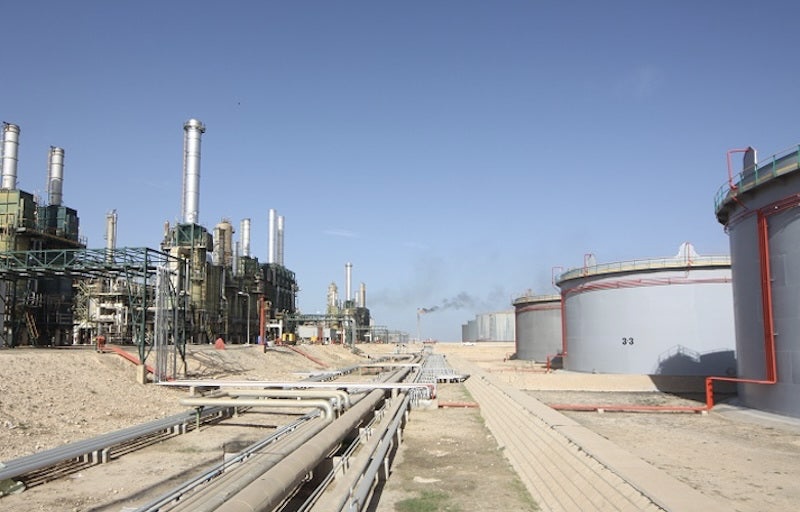Libya’s El Sharara oil field, one of the country’s largest, is experiencing reduced production, according to Austrian energy company OMV. This development is part of a broader pattern of instability affecting Libya’s oil sector, which is crucial for the nation’s economy.
OMV announced that the reduction in output from El Sharara is due to operational challenges and security concerns in the region. The oil field, which has a capacity of around 300,000 barrels per day, has been a critical asset for Libya, contributing significantly to the country’s oil exports and revenue.
The situation in El Sharara reflects the ongoing difficulties faced by Libya’s oil industry. Since the 2011 uprising that ousted Muammar Gaddafi, the country has been plagued by conflict and political instability. Various factions have vied for control over the oil-rich regions, leading to frequent disruptions in production.
Libya’s National Oil Corporation (NOC) has been working to maintain stability and ensure continuous production, but challenges persist. Security issues, including attacks on oil infrastructure and worker safety concerns, have hindered efforts to maximize output. Additionally, technical problems and aging infrastructure further complicate the situation.
The reduction in production at El Sharara has implications for global oil markets. Libya’s oil is highly sought after due to its quality, and disruptions in supply can contribute to volatility in oil prices. With the global economy recovering from the impacts of the pandemic, stable oil supplies are essential to support economic growth.
OMV, which holds a stake in the El Sharara field, has expressed its commitment to working with the NOC and other partners to address the challenges. The company aims to restore full production capacity as soon as possible, emphasizing the importance of a stable and secure operating environment.
The reduction in output at El Sharara also highlights the broader issues facing Libya’s economy. The country relies heavily on oil revenues to fund public services and development projects. Any prolonged disruption in oil production can have severe economic consequences, affecting everything from government budgets to social services.
Despite the current challenges, there is optimism about the potential for recovery. Efforts to stabilize the political situation and improve security conditions could pave the way for increased investment in the oil sector. International companies, including OMV, continue to see Libya as a vital player in the global oil market and are keen to support its recovery.
In the long term, enhancing the stability and efficiency of Libya’s oil production is crucial. This will not only benefit the country’s economy but also contribute to the stability of global energy markets. By addressing the root causes of instability and investing in infrastructure and security, Libya can work towards a more prosperous and stable future.
Source: Reuters



